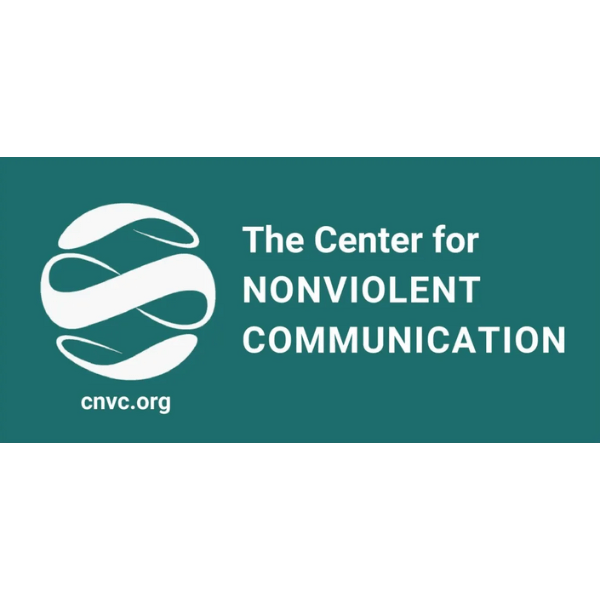A few words
About Marianne
Her story
Marianne's passion has always been at the intersection of peacebuilding and storytelling.
- Lived and worked across Europe, the Middle East, Africa, North and South America
- Speak English, French, Spanish, Portuguese and Swedish
- 10+ years of successfully leading remote global teams
- Highly sensitive to cross-cultural communications
- Very resilient and adaptable across contexts
Tell me how you got started.
Growing up in a multicultural and multilingual household, I’ve always been interested in international relations, cross-cultural communication and global events. So it made sense for me to go to Georgetown’s School of Foreign Service where I heard over and over that we were the future leaders of the world. But it occurred to me that if they are teaching the future leaders of the world game theory (essentially how to play poker on a global scale), it’s not surprising that the world is full of competition and mistrust. But Georgetown’s Jesuit tradition also emphasizes that students and alumni should be men and women of service to others. So I decided to get a masters in Peace and Conflict Studies from the European Peace University. We were 40 students from 30 countries living under one roof, sharing one kitchen in the middle of nowhere in Austria. It was a totally experiential way to learn how to create peace, collaborate, communicate across cultures, negotiate, mediate and let go. I wrote my masters thesis on Moving Mainstream Media Towards a Culture of Peace and realized that while there is a lot of violence and conflict in the media (sometimes even framed in a thoughtful way), there is very little peace.
Read the rest of Marianne’s interview below.
Achievements
- Wrote first article about Peace Journalism to appear in a peer reviewed journal
- Featured in the New York Times, the Wall Street Journal, Foreign Policy Magazine and more
- Published in Condé Nast Traveler, AFAR, Observer, Tiny Beans and more
- Trained 120 Mozambican journalists in conflict sensitive electoral reporting resulting in no violent incidents attributed to inflammatory reporting
- Facilitated difficult conversations for 100s of participants leading to greater self-empathy and understanding of others
- Received UN Alliance of Civilizations PeaceApp award for peace superheroes video game
What others say about working with Marianne

The rest of Marianne's story
What interests you most about what you’re doing now?
One of the arguments I’ve been making since I wrote Moving Mainstream Media Towards a Culture of Peace is that if the media invested as many resources into portraying peace as they do in portraying violence, then we would see peace as sexy, engaging, fun, and possible. But since mainstream media hasn’t figured out how to do it yet, I figure I should show them how. Basically, I’m looking at how we can re-brand peace and get a mainstream media that reflects the values of society.
Who or what inspires you?
I am inspired whenever I hear of individuals or groups who have chosen peace. Whether it’s how Chileans nonviolently overthrew their dictator Augusto Pinochet (perhaps with a little inspiration from the movie Gandhi) or former gang members who stay in their communities to interrupt cycles of violence and sow peace, it amazes me how intuitively people seek out peace and how they create structures and cultures to support it.
Why is peace sexy to you? What does “Peace is Sexy” evoke for you?
Peace is sexy to me because it’s exciting and energizing. I find violence and conflict draining and exhausting. I’d much rather be engaged with something dynamic, creative and inspiring. Peace is Sexy is an opportunity to shake things up and create a new, empowering future for the world.
What is a simple thing you do to create peace? What is something you do everyday?
I help people in need: helping an elderly person cross the street, smiling at a stranger, compassionately listening to someone who just needs to unload. If I keep my eyes and ears open, I find there are plenty of opportunities to help out.
Where would you like to see your passion go in the next 10 years? 20 years? 100 years?
I see Peace Is Sexy becoming a successful mainstream media production company, producing innovative, engaging and entertaining content for web, TV, film, whatever new medium emerges, and portrays values of peace, collaboration, community, communication, compassion.






